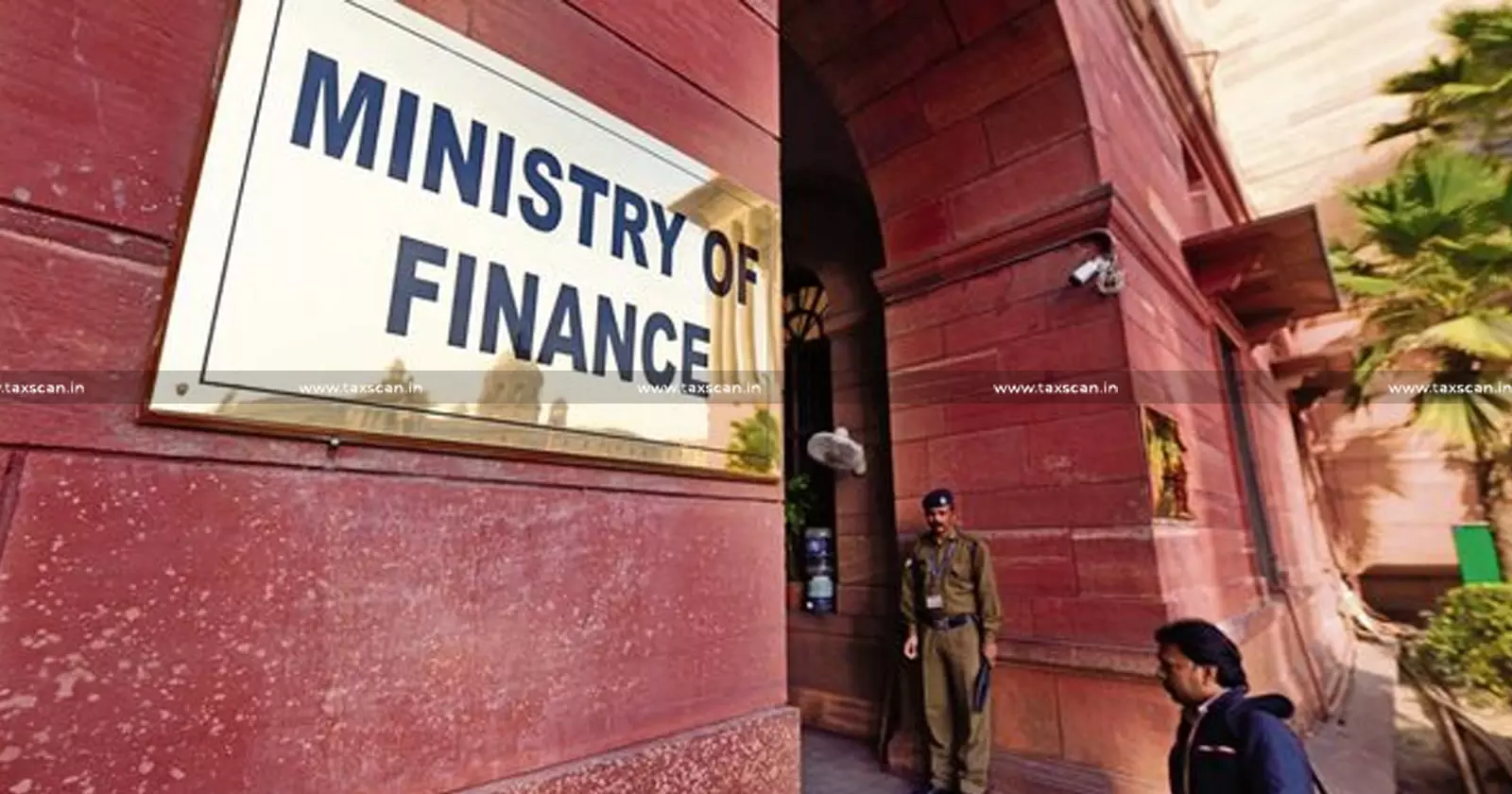Due Date Extension on the Due Date by Finance Ministry: Relief or Token Gesture?
The extension must serve this very purpose. It should not become a symbolic gesture announced too late to truly benefit those it intends to help.

First of all, what is a due date? According to the Cambridge Dictionary, a due date is “the date by which something has to be done or paid.” A due date extension, therefore, means providing an additional period for compliance or payment.
Now, how is this supposed to work in practice?
In the tax perspective, a due date extension is meant to act as a genuine relief measure for taxpayers and professionals who face practical difficulties in meeting deadlines. The idea is simple: when unforeseen circumstances arise, the government steps in to provide breathing space.
However, the extension must serve this very purpose. It should not become a symbolic gesture announced too late to truly benefit those it intends to help.
On 20th August 2025, the Ministry of Finance released a notification extending the GSTR-3B filing deadline for certain districts of Maharashtra that were badly affected by heavy monsoon rains. Flooding disrupted transport, electricity, and internet connectivity in the Mumbai Metropolitan Region and nearby districts. Naturally, taxpayers and professionals were under immense stress.
But here’s the catch, the notification was issued on the very night of 20th August, which was itself the due date. By then, most taxpayers had already rushed through their filings, struggling against time and unstable connectivity, unaware that relief was around the corner. For many, the extension arrived too late to provide real support.
Read more: CBIC Extends GSTR-3BFiling Due Date: New Due Date & Applicable Cities Announced
This raises a larger question: what is the purpose of an extension if it comes only after the struggle is over? If the notification had been released even a day or two earlier, say, on the 18th or 19th of August, taxpayers could have planned better, avoided the last-minute rush. Instead, the move felt more like a token gesture rather than a sincere measure to help the taxpayers.
Before deadlines, tax professionals and businesses frequently have restless nights managing several filings, liaising with clients, and resolving portal issues. "If only we had known earlier, the stress of the last 24 hours could have been avoided," they say, adding to their frustration when an extension is announced at the last minute.
Why Timeliness Matters
Many professionals, employees, and small businesses are impacted by deadlines. Although the number of impacted individuals is smaller in the present situation, the government ought to have taken the initiative to notify professionals and taxpayers of the extended deadline as soon as possible. Only then would it fulfill its goal and purpose.
There needs to be a clear understanding that the difficulties faced by even a single taxpayer carries the same weight as if lakhs of taxpayers were affected. The Ministry should not measure relief merely by the scale of disruption or the number of districts involved.
For the person impacted, the suffering is absolute, whether it is six districts or the entire country. Every affected taxpayer deserves the same empathy, urgency, and consideration in policy response.
What Needs to Change?
Advance Notification Protocol: The extensions should ideally be announced at least 48 - 72 hours before the original deadline. This gives taxpayers time to reorganize, and reduces last-minute portal traffic.
Along with the advance notification, the Ministry can establish a standard protocol that whenever a natural disaster, flood, or strike heavily disrupts a region, an automatic extension of 7 - 15 days should be triggered.
The idea behind a due date extension is basically one of practicality and compassion. However, they don't accomplish either when extensions are announced at the last minute. A human process that requires work, coordination, and stress, tax compliance is more than just a legal requirement. In addition to reducing the load on professionals and taxpayers, a more prompt, open, and compassionate approach could improve overall trust in the ministry.
Support our journalism by subscribing to Taxscan premium. Follow us on Telegram for quick updates


